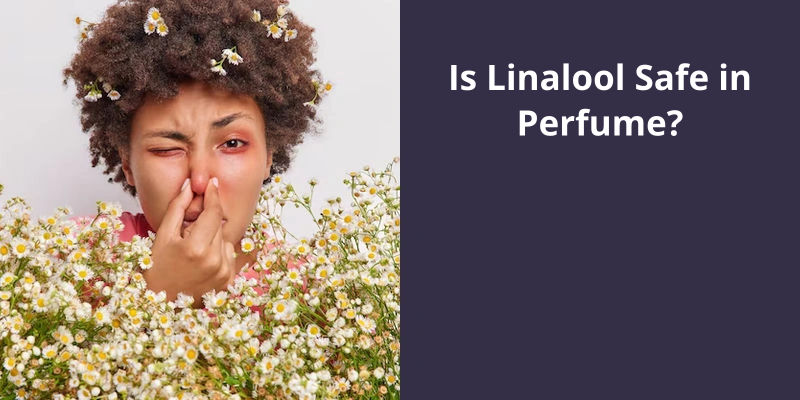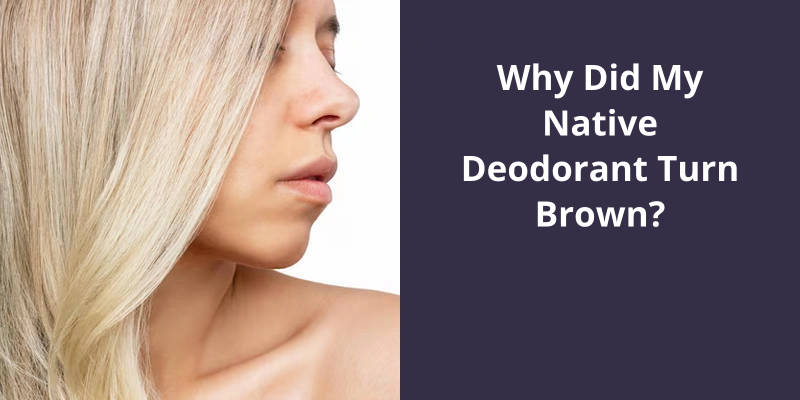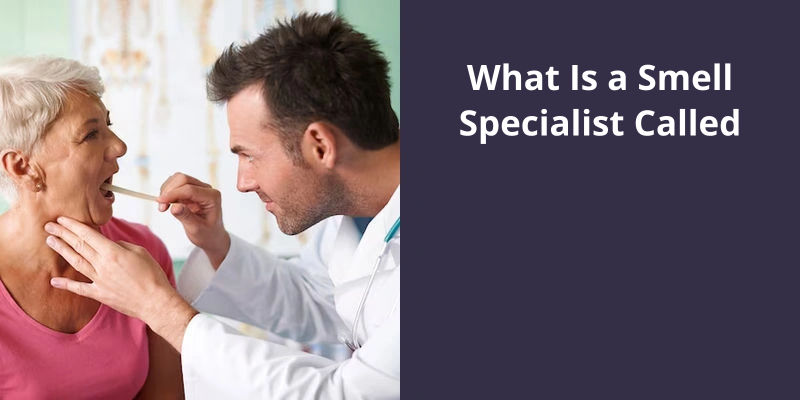Linalool, which is commonly found in most perfumes, is generally considered safe for use. It’s a naturally occurring terpene found in various flowers and spice plants, giving perfumes a fresh and floral scent. However, it’s crucial to note that some people may have an allergic reaction to linalool, causing skin irritation. Therefore, while it’s safe for many people, those with sensitive skin or known allergies should test perfume on a small patch of skin first. Please remember that individual safety can depend on usage levels and individual sensitivities.

What Does Linalool Smell Like in Perfume?
Linalool is a terpene alcohol found in various plants such as lavender, coriander, and bergamot. It’s widely used in the perfume industry due to it’s pleasant aroma and compatibility with other fragrance components. Linalool can help balance out sharp or bitter notes in a scent composition, making it a popular addition to many perfumes.
It’s floral and citrus notes make it a popular choice for top notes in perfumes, helping to create an initial burst of scent when a perfume is first applied.
One of the benefits of linalool is that it’s a natural ingredient, which makes it ideal for consumers who prefer to use all-natural products. However, as with any fragrance component, linalool can cause skin irritation in some individuals. It’s important to patch test any perfume containing linalool before using it regularly to ensure that you don’t have an adverse reaction.
It’s important to carefully consider the use of essential oils in skincare products, as they can have potent effects on the skin. Linalool is one such essential oil that’s been widely used in skincare, but it’s important to understand it’s potential risks and benefits. While it may be safe in low concentrations, some individuals may experience sensitivity or irritation when using products containing linalool. So, is linalool safe in skincare? Let’s take a closer look.
Is Linalool Safe in Skincare?
Linalool is a common ingredient in skincare, and is often touted for it’s relaxing and calming effects on the skin. However, it’s safety can vary depending on the concentration and the individuals skin type. It can provide a subtle fragrance and can also potentially provide some antioxidant and anti-inflammatory benefits to the skin.
In higher concentrations, it can cause skin irritation, itching, and even redness. Those with eczema, rosacea, or other skin conditions may be particularly prone to react to linalool. It’s important to patch test any skincare product containing linalool before using it on the entire face, to ensure that it doesn’t cause any adverse reactions.
Skincare products containing linalool should also be stored properly, as it’s sensitive to light and heat, which can cause it to break down and lose it’s effectiveness over time. Products should be stored in a cool, dark place, and used up within the recommended timeframe to ensure maximum potency. Additionally, those with sensitive skin may want to look for products that contain lower concentrations of linalool, or avoid it altogether.
Before using any new skincare product, it’s always a good idea to consult with a dermatologist or skincare professional, especially if you’ve sensitive or reactive skin. By taking these precautions, you can help minimize the risk of irritation or other adverse reactions, and reap the potential benefits of linalools calming and antioxidant properties.
As we continue to explore the many benefits of natural compounds like linalool, it becomes clear that there’s still much to uncover about the potential healing powers of these substances. From reducing anxiety and insomnia to possibly helping treat cancer, the effects of linalool on the body are truly remarkable. So let’s dive deeper into the science behind this potent terpene and how it can benefit our health.
What Does Linalool Do for the Body?
Additionally, linalool has anti-inflammatory and anti-bacterial properties, making it an essential component in skincare products. It can also act as a natural insect repellent and relieve pain symptoms associated with menstrual cramps.
In terms of it’s effect on the body, linalool has been shown to have a calming effect on the central nervous system. This is especially helpful for those suffering from anxiety and depression, as it can help to alleviate symptoms. Linalool has also been linked to improved cognitive function and memory retention, making it a valuable tool for those looking to boost their brainpower.
Research has also shown that linalool may have anti-cancer properties, as it’s been found to induce cell death in several types of cancer cells. This makes it a promising potential treatment for cancer patients, or at the very least, a valuable addition to current cancer-fighting methods.
It can also help to soothe irritated skin and reduce the appearance of fine lines and wrinkles.
Overall, linalool is a versatile and valuable compound that’s a number of potential health benefits. From improving cognitive function to fighting cancer, this powerful terpene is truly a wonder of nature. As more research is conducted, it’s likely that we will learn even more about this fascinating substance and it’s many uses.
Research Studies on the Potential Therapeutic Uses of Linalool for Various Health Conditions.
- Research study on the effect of linalool on anxiety and stress levels
- Investigation of the potential of linalool as a pain reliever
- Exploration of linalool’s antibacterial properties and possible applications in medicine
- Study of the effects of linalool on Alzheimer’s disease and dementia
- Investigation into the potential of linalool as a treatment for epilepsy and seizures
- Exploration of linalool’s anti-inflammatory properties and possible applications in treating chronic illnesses
Source: Terpene Linalool, What You Need to Know – Trulieve
Conclusion
Additionally, the thorough evaluation conducted by the REXPAN further reinforces the safety of Linalool. It’s important to note that individuals with specific sensitivities may experience adverse reactions to Linalool or any other ingredient in perfumes, therefore it’s recommended to always check and test the product before use. Overall, Linalool in perfume can be enjoyed safely by the general population.





